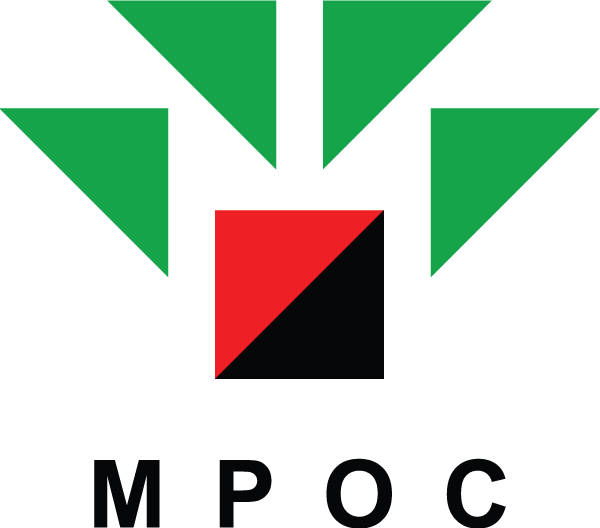


Dr Aleksey Udovenko graduated with honors from Kharkov Polytechnical University, with a Masters degree in food technology with a specialty of fats and fat substitutes technology. He then continued his education at Moscow State University with a second degree in Public Relations. In 2021, he obtained a PhD in food engineering.
Before joining MPOC, Dr Aleksey has 8 years of experience working in the food industry of Ukraine. He started working in 2002 as a project development manager at Ilyichevsk Oils and Fats Industrial Complex (IOFIC), Ukraine. He was then promoted to General Manager of Bulking Operations , Key Technologist and Head of Quality Control department of Ilyichevsk Oils and Fats Industrial Complex.
Dr Aleksey’s last position in IOFIC was as the General Production Manager (Chief Production Dispatcher) before joining MPOC in 2012 as the head of Moscow Office.
Oilseeds production profitability remains persistently high. Historically, sunflower is the major oil crop in Russia. Sunflower acreage in Russia is the largest in the world at nearly 7 Ml ha. In 2006 a trend of expanding other oil crops acreage, namely rapeseed, soybean and linseed emerged in the market. As a result, the share of sunflower decreased and stabilized at 60-65% in 2014-2015. During 2010-2015 soybean planted area was expanded by 75% to 2.1 Ml ha against 1.2 Ml ha in 2010.
Logistics
About 90% of all imported palm oil is supplied to Russia in tanker. In previous years about 25-28% of total tropical oils imports to Russia were supplied through the state owned Ukrainian ports. During the last 2 years tropical oils transit through Ukraine declined considerably. In Ukraine, the largest private terminals / plants for handling and processing of palm oil are located in the port of Ilyichevsk and Yuzhnyi. These are Delta Wilmar CIS and Ilyichevsk Fat and Oil Plant. In the south, specialized facilities for vegetable oils handling are available in two ports - Taman and Rostovon-Don. Food Ingredients is the owner of the handling complex in Taman, and Astona owns the facilities in Rostov-on-Don.
Foreign trade Export Import and Consumption of vegetable oil in Russia
Sunflower oil traditionally dominates in the structure of vegetable oils exports from Russia. Indonesia remains a leading supplier of palm oil to Russian Federation, increasing its presence in the Russian market from year to year. In the 2014/15 season the share of cheaper Indonesian palm oil in the structure of Russian imports reached 82% (75% in 2013/14 MY).
Import Export infrastructure
Supply of tropical raw materials to enterprises in the north-western Russia is carried out through the Baltic Sea ports (Kaliningrad, St. Petersburg), by low-tonnage vessels with a displacement tonnage of 1.5-2.5 Th tons. In the south, specialized facilities for vegetable oils handling are available in two ports - Taman and Rostovon-Don. EFKO Food Ingredients is the owner of the handling complex in Taman, and Astona owns the facilities in Rostov-on-Don.
Key players of vegoil market
Amongst industrial groups, undeniable leader in terms of processing capacity is Yug-Rusi (approximately 22% from total processing capacities in Russia).Second place is held by Solnechniye Production Holding - 18.9%. Third place is held by Aston - 9.6%.
The leading Russian importers of palm oil and its fractions are EFKO - Food Ingredients, Nizhniy Novgorod Oil and Fat Plant and Cargill. The total share of these three companies was measured at more than 71% in 2012.
Russian fat and oil market entry strategy: barriers and opportunities
B2B segment is of strong demand in Russia, including milk fat replacers, cocoa butter substitutes and confectionery fats. In total these products account for about 40-45% of wholesale sales volume. Products of average value take the largest share in the margarine sales structure.
A company, which enters Russian vegoil market, should count on B2B segment, where usage of palm oil and its fractions is already a technological necessity. Creation of a joint venture company for producing finished fat and oil products using vegetable raw materials from tropical oils to be promising in early stages of Russian fat and oil market entry. At a later stage an extension of sales by creating own distribution network and/or trading houses may become a logical continuation of company’s activity in the domestic market.




